Search
Search Results

Definition
Kabbalah
The term Kabbalah refers specifically to the form of Jewish mysticism that became widespread in the Middle Ages. However, in recent decades it has essentially become a generic term for the entirety of Jewish mystical thought. Literally meaning...
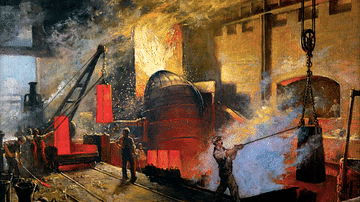
Article
The Steel Industry in the British Industrial Revolution
The production of steel during the British Industrial Revolution became cheaper and more reliable thanks to the Bessemer converter, a type of blast furnace that removed undesirable impurities from pig iron. The superior strength and durability...

Definition
Gnosticism
Gnosticism is the belief that human beings contain a piece of God (the highest good or a divine spark) within themselves, which has fallen from the immaterial world into the bodies of humans. All physical matter is subject to decay, rotting...
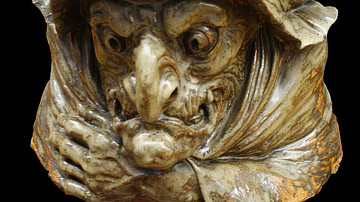
Definition
Baba Yaga
Baba Yaga (Baba Jaga) is a witch or ogress from Slavic folklore who lives in a magical hut in the forest and either helps, imprisons, or eats people (usually children). She is among the most famous figures from Slavic folklore as guardian...
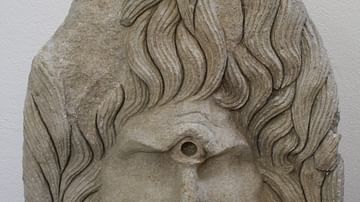
Definition
Cyclops (Creature)
A cyclops (meaning 'circle-eyed') is a one-eyed giant first appearing in the mythology of ancient Greece. The Greeks believed that there was an entire race of cyclopes who lived in a faraway land without law and order. Homer, in his Iliad...
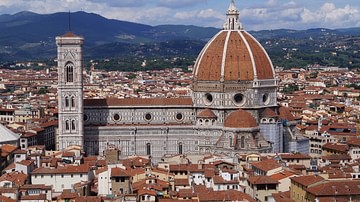
Definition
Filippo Brunelleschi
Filippo Brunelleschi (1377-1446 CE) was an Italian Renaissance architect, goldsmith, and sculptor, who is most famous for his work on the cathedral of Florence and its impressive soaring brick dome, completed in 1436 CE. Considered one of...

Definition
Sugar Act
The Sugar Act of 1764, also known as the American Revenue Act, was legislation passed by the Parliament of Great Britain on 5 April 1764 to crack down on molasses smuggling in the American colonies and to raise revenue to pay for the colonies'...
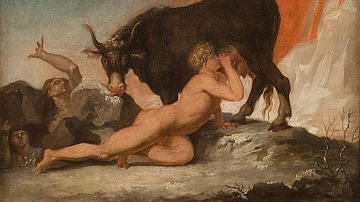
Definition
Ymir
Ymir is a primordial giant, closely linked to the creation myth and the beginning of the world in Norse mythology. A creature resulting from the dramatic encounter between ice and fire, he was fed by a cosmic cow and his body parts served...

Definition
Edward Montagu, Earl of Manchester
Edward Montagu, 2nd Earl of Manchester (l. 1602-1671), was a Parliamentarian commander during the English Civil Wars (1642-1651). He led the Eastern Association army before the indecisive Second Battle of Newbury in 1644 led to recriminations...
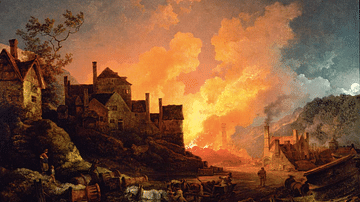
Article
Why the Industrial Revolution Started in Britain
The Industrial Revolution saw a wave of technological and social changes in many countries of the world in the 18th and 19th centuries, but it began in Britain for a number of specific reasons. Britain had cheap energy with its abundant supply...